Convert every document from RTF to LWP
We created a reliable RTF to LWP converter that provides the best possible conversion quality out there. Convert your document files from one format to another free, online, and without download any additional software.
Convert RTF to LWP documents in these 3 steps
This trustworthy RTF to LWP converter has 3 steps for this particular one as well as any other document file conversion. Upload files, convert them, and download. That's it!

STEP 1
Upload your RTF files first. You can use 'drag and drop' to upload box or add a link to it.

STEP 2
Next, click the 'Start conversion' button, and wait for RTF to LWP conversion to finish.

STEP 3
In the end, download your freshly converted LWP document files.
You can convert RTF to file other than LWP using this tool
RTF TO ABW, RTF TO DJVU, RTF TO DOC, RTF TO DOCM, RTF TO DOCX, RTF TO DOT, RTF TO DOTX, RTF TO HTML, RTF TO LWP, RTF TO MD, RTF TO ODT, RTF TO PAGES, RTF TO PDF, RTF TO RST, RTF TO SDW, RTF TO TEX, RTF TO TXT, RTF TO WPD, RTF TO WPS, RTF TO ZABW, RTF TO RTF and RTF TO STW.
You can convert LWP to any document file with our free online tool
LWP TO ABW, LWP TO DJVU, LWP TO DOC, LWP TO DOCM, LWP TO DOCX, LWP TO DOT, LWP TO DOTX, LWP TO HTML, LWP TO MD, LWP TO ODT, LWP TO PAGES, LWP TO PDF, LWP TO RST, LWP TO RTF, LWP TO SDW, LWP TO TEX, LWP TO TXT, LWP TO WPD, LWP TO WPS, LWP TO ZABW, LWP TO LWP and LWP TO STW.

